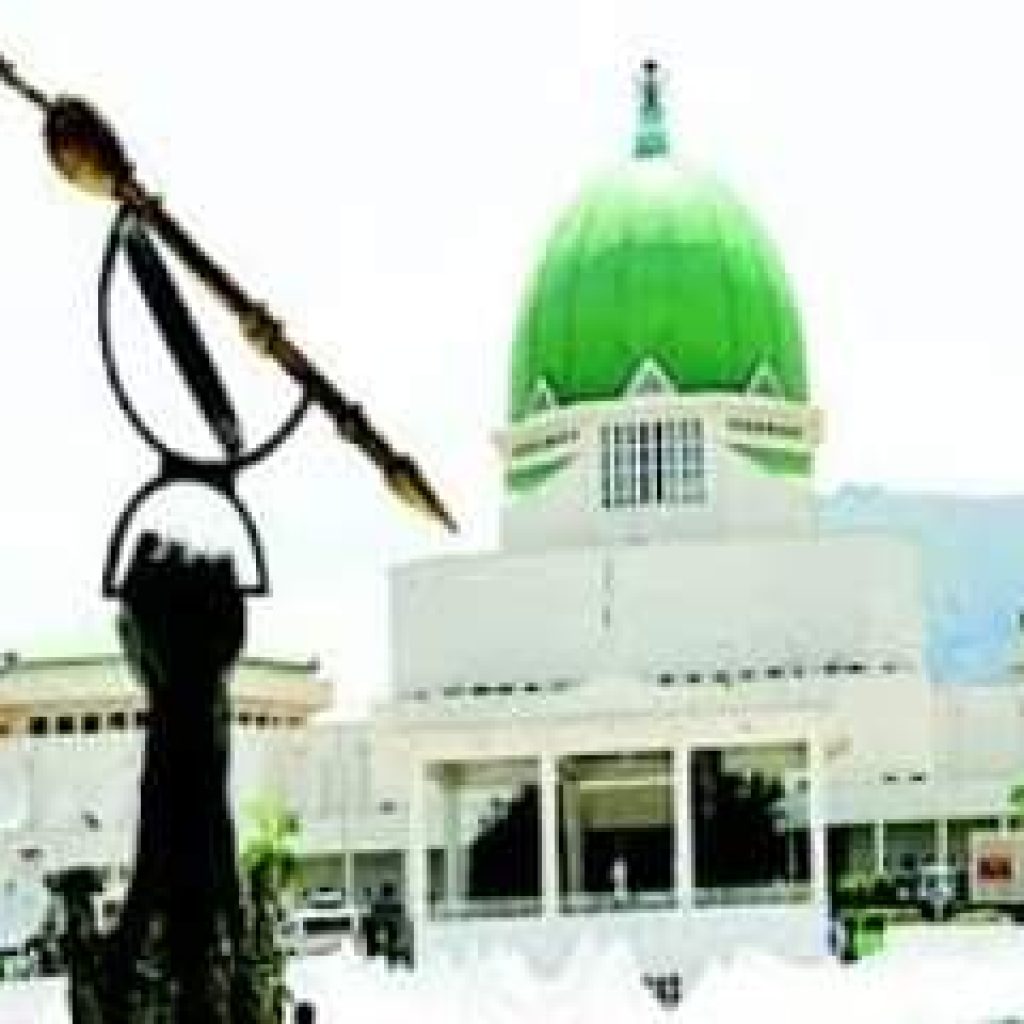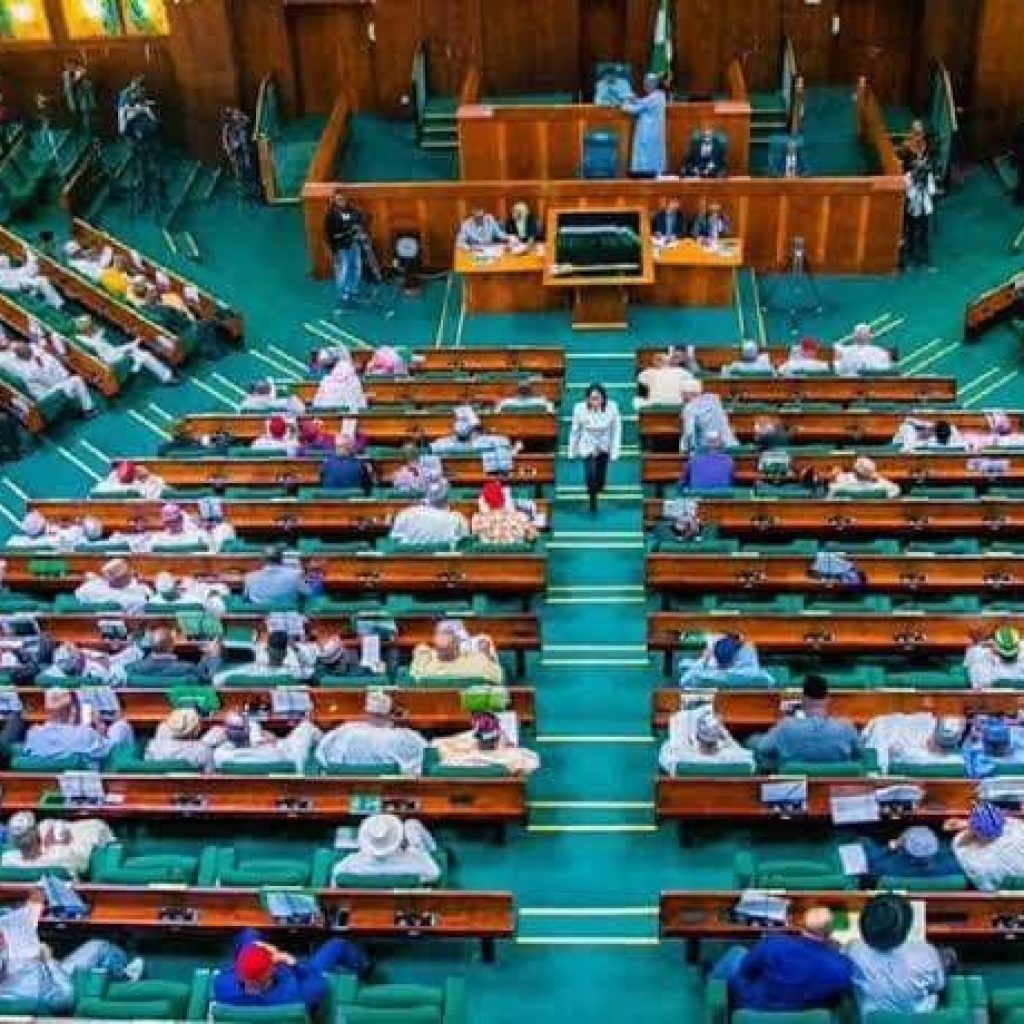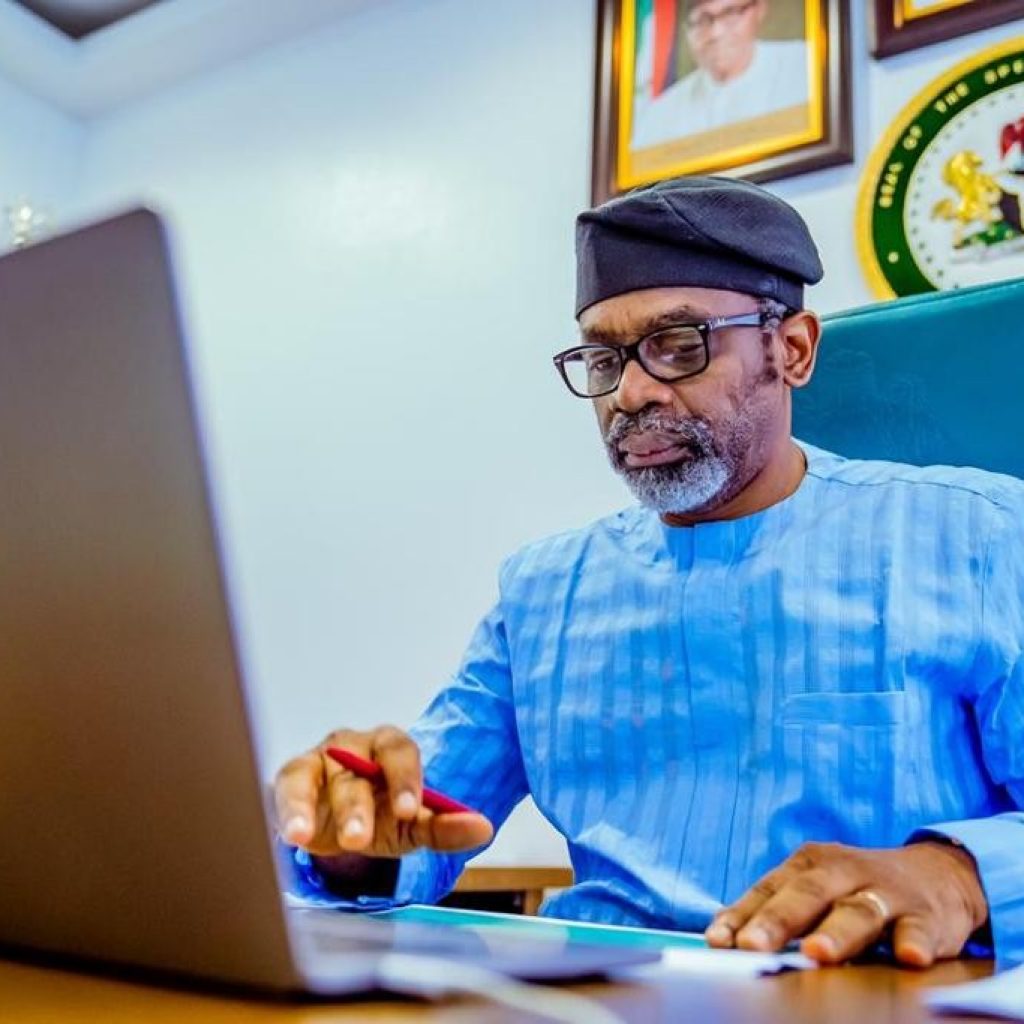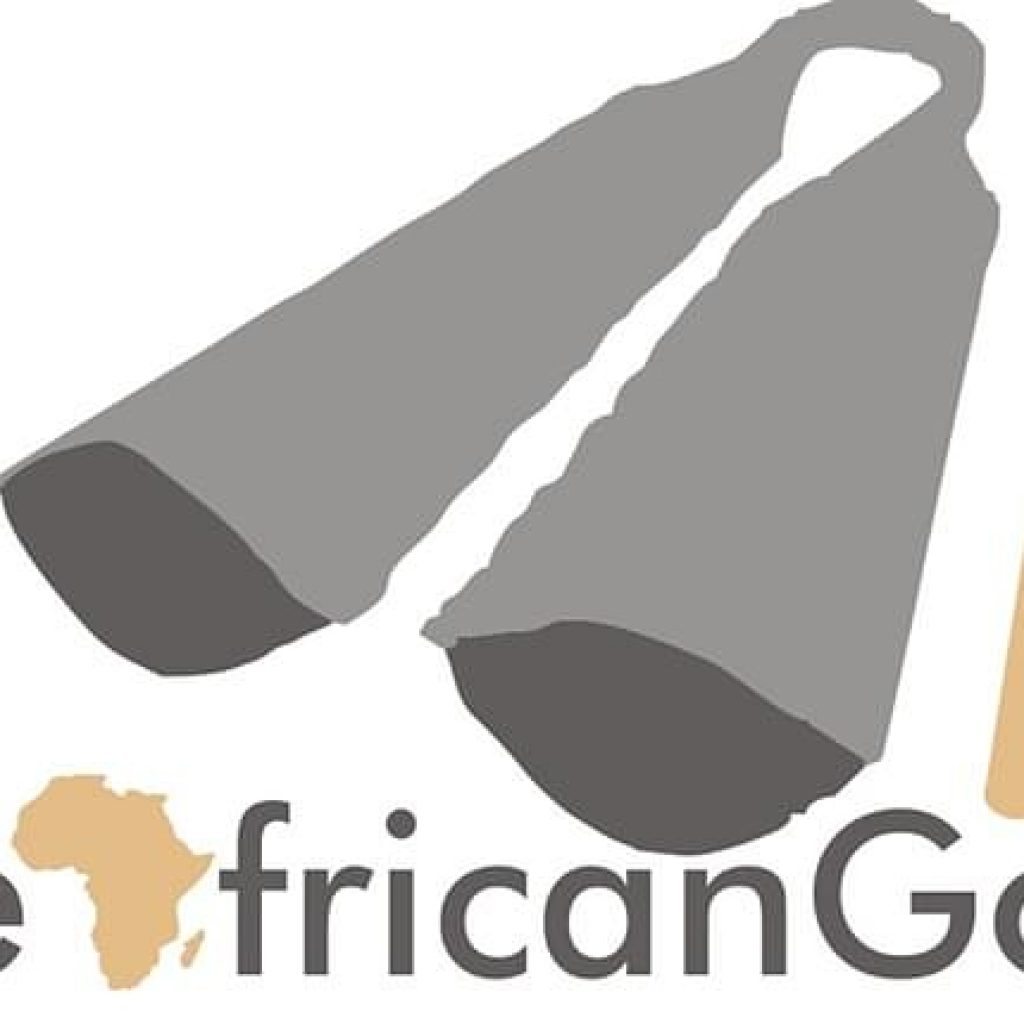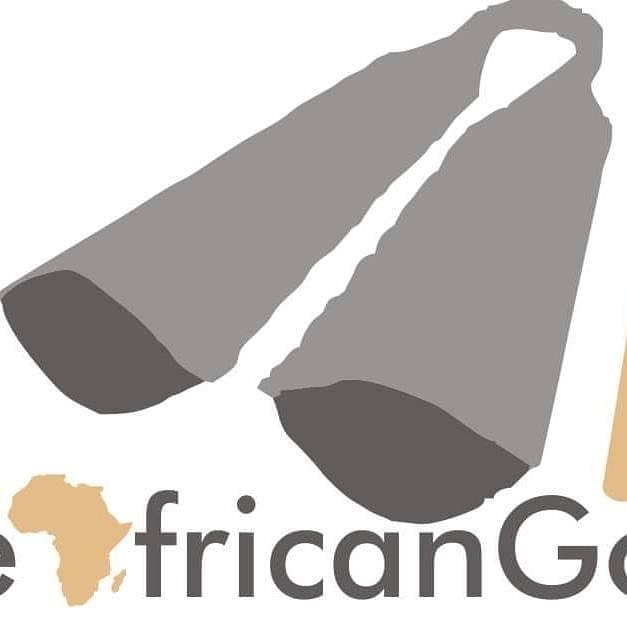Outcome of the budget debate has indicated that there may be increase of about N500 billion in the budgetary allocation for Federal Ministry of Works and Housing in the 2022 Appropriations bill.
Contributing to the debate on the general principles of the 2022 budget estimates, Chairman, House of Representatives’ Committee on Works, Hon. Abubakar Kabir underscored the need for upward review of the proposed allocation for execution of various road projects across the country.
As encapsulated in the 2022 Appropriation bill laid by the President Muhammadu Buhari before the joint session of the National Assembly last Thursday, total sum of N481,964,861,868 was proposed for Federal Ministry of Works and Housing.
While expressing concern over the state of federal roads and the need for adequate funding, Hon. Kabir said: “the presentation was well presented Mr. President highlights some
Breakdown of the proposed budget, showed that the sums of N15,050,141,513 is for personnel; N16,885,462,684 for overhead; N450,029,257,671 is for capital expenditure.
Hon. Kabir said: “The budget was well presented. Mr. President highlighted some key sectors such as defence, social security, education and infrastructure.
“But Mr. Speaker, I observed something under Federal Ministry of Works, the allocation in the Ministry of Works is inadequate, I’m sure. We realised only N280 billion allocated in the 2022 budget and currently we have about N640 billion certificates owing contractors.
“So if we apply N280 billion against N640 billion for our outstanding certificates, that means in 2022 there is nothing we can see in any road infrastructure such as bridges and construction of roads.
“Of course the President has done very well in terms of initiation of SUKUK, NSIA, HDMI, they are doing very well. But honestly we need more funding, at least additional of N500 billion for massive development in road infrastructure,” he urged
Hon. Kabir also called for the adoption of the policy on Tax Credit Scheme, where companies are allowed to develop road infrastructure and they are giving tax holidays to the tune of the cost of the project. An example is the Apapa – Oworoshoki Expressway in Lagos and the Kabba – Obajana road in Kogi State by Dangote. Other companies like LNG, Flour Mills, MTN and recently NNPC have all indicated their interest to participate in the Tax Credit Scheme.
He also canvassed for the adoption of the HDMI, where major highways are given as a concession to Investors to maintain and rehabilitate the roads and also, invest in the assets along the roads.
According to him, over 800 contracts for roads and bridges are currently being executed across the nation by this Government, covering over 13,000 kilometers of the 35,000 plus kilometers of Federal Highways and Bridges. Every state in the federation has either a road or bridge project going on. To complete these projects, the Federal Government will need over N7 trillion.
He however, observed that the 2022 budget provision for the Works sector in the Federal Ministry of Works and Housing from my sources at the Ministry is less than N300 billion for capital allocation, while Federal Government is owing road contractors over N400 billion.
Worried by the development, he urged the House leadership to address the issue of grossly inadequate proposed allocation for critical road projects in the 2022 budgets, adding that in some cases, there are allocated less than N400 million while the contract sums are above N40 billion and the contractors are owed billions of naira.
He maintained that: “there are no abandoned road projects, but roads are suffering from the inadequate budgetary provision. For example, the Lagos – Badagry expressway is a Trans-West African Coastal Highway that connects Lagos, Nigeria with Dakar, Senegal through the Benin Republic and Ghana. Only Nigeria’s leg of this international highway is in a bad state. It is a shame we have not been able to finish this road.
“The Enugu – Onitsha Road awarded in 2019 at about N32 billion is only at 19% completion, and the total amount certified to date is about N5 billion, while the 2022 budgetary provision is less than N300 million,” Hon. Kabir noted.

